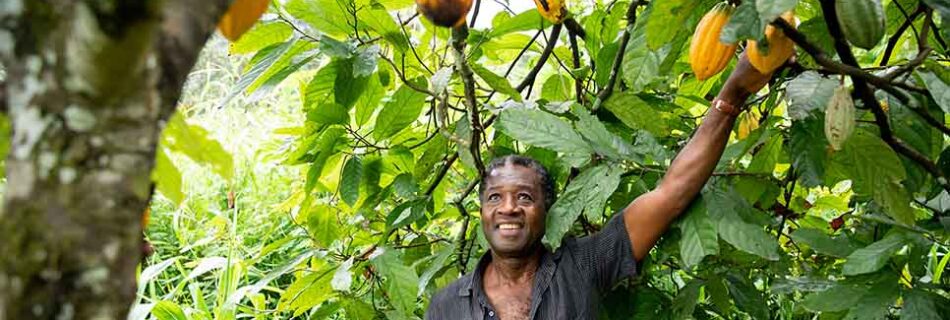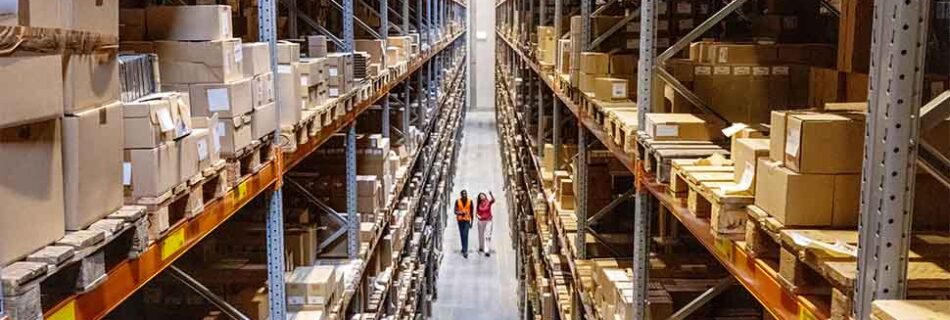The EUDR and TRST01Chain exemplify the synergy between regulation, technology, and adoption in advancing sustainability. The EUDR aims to combat deforestation, while TRST01Chain offers cutting-edge traceability solutions. Together, they foster global collaboration, enhance transparency, and drive impactful actions towards achieving net-zero goals and sustainable agricultural practices.
Read MoreArticles by: prabir@trst01.com
Blockchain Revolutionising Provenance Global Supply Chains
Blockchain technology revolutionizes agricultural and mineral supply chains by enhancing transparency, ensuring safety, combating corruption, and promoting sustainability. Real-world examples like TRST01Chain, IBM Food Trust, and Everledger demonstrate its impact. By improving regulatory compliance, reducing costs, and supporting ethical practices, blockchain fosters responsible, efficient, and resilient supply chains, benefiting shareholders, communities, and the planet.
Read MoreESG Beyond the Reports
ESG reporting needs to evolve beyond greenwashing. Platforms like TRST01 Footprint leverage advanced analytics to provide verifiable ESG data, driving real-world impact. This empowers companies to manage ESG goals, gain insights, and report with transparency. Data-driven ESG management attracts investors, bolsters reputation, ensures regulatory compliance, and mitigates risks for a more sustainable future.
Read MoreNew Frontier : Carbon Broader Adjustment Mechanism (CBAM)
CBAM, the EU’s innovative carbon pricing mechanism, entered its transitional phase in Oct 2023. Targeting carbon-intensive imports like steel and aluminum, it aims to reduce carbon leakage and align global trade with climate goals. Key to its success will be balancing environmental objectives with fair trade practices.
Read MoreSustainable Transformation Future ESG Management
In this comprehensive exploration, we delve into the transformative world of ESG (Environmental, Social, and Governance) management. Highlighting the pivotal role of innovative tools like the TRST01 Footprint, we examine how businesses are navigating the complexities of sustainability, ethical governance, and social responsibility to reshape their strategies for a sustainable future.
Read MoreThe Indian Coffee Story : Brewing Harmony
India’s coffee saga, rooted in Chikmagalur’s hills since the 17th century, intertwines heritage with modern sustainability challenges. TRST01Chain emerges as a key tool in this narrative, ensuring EUDR compliance and environmental stewardship, while preserving the rich flavors and cultural significance of Indian coffee in the global market.
Read MoreSustainable Indian Coffee: A EUDR Perspective
TRST01Chain revolutionizes the Indian coffee industry by ensuring EUDR compliance, traceability, and sustainability, enhancing market access and positioning for growers, and aligning with global eco-friendly practices.
Read MoreClimate Tech and SDGs: Unlocking Potential
Aligning climate tech with SDGs accelerates progress, enhances impact, and promotes collaboration. Identifying priorities, directing investments, and sharing knowledge fosters holistic sustainability and meaningful change
Read MoreESG Scorecards : TRST01’s Vision
TRST01’s ESG Scorecard Model offers a pioneering approach to assess businesses on Environmental, Social, and Governance criteria. Combining traditional metrics with innovation, the model emphasises holistic data collection, industry relativity, risk evaluation, dynamic reassessment, and transparent scoring, positioning companies for sustainable success in today’s evolving business landscape
Read MoreTRST01Chain on International Coffee Day
On International Coffee Day, TRST01Chain stands out for promoting sustainability in coffee supply chains. Addressing the European Union Deforestation Regulation (EUDR) compliance, it facilitates traceability from farm to cup, ensuring ethical labor practices and reduced environmental impact, thus aligning the coffee sector with modern-day eco-conscious market demands.
Read More








